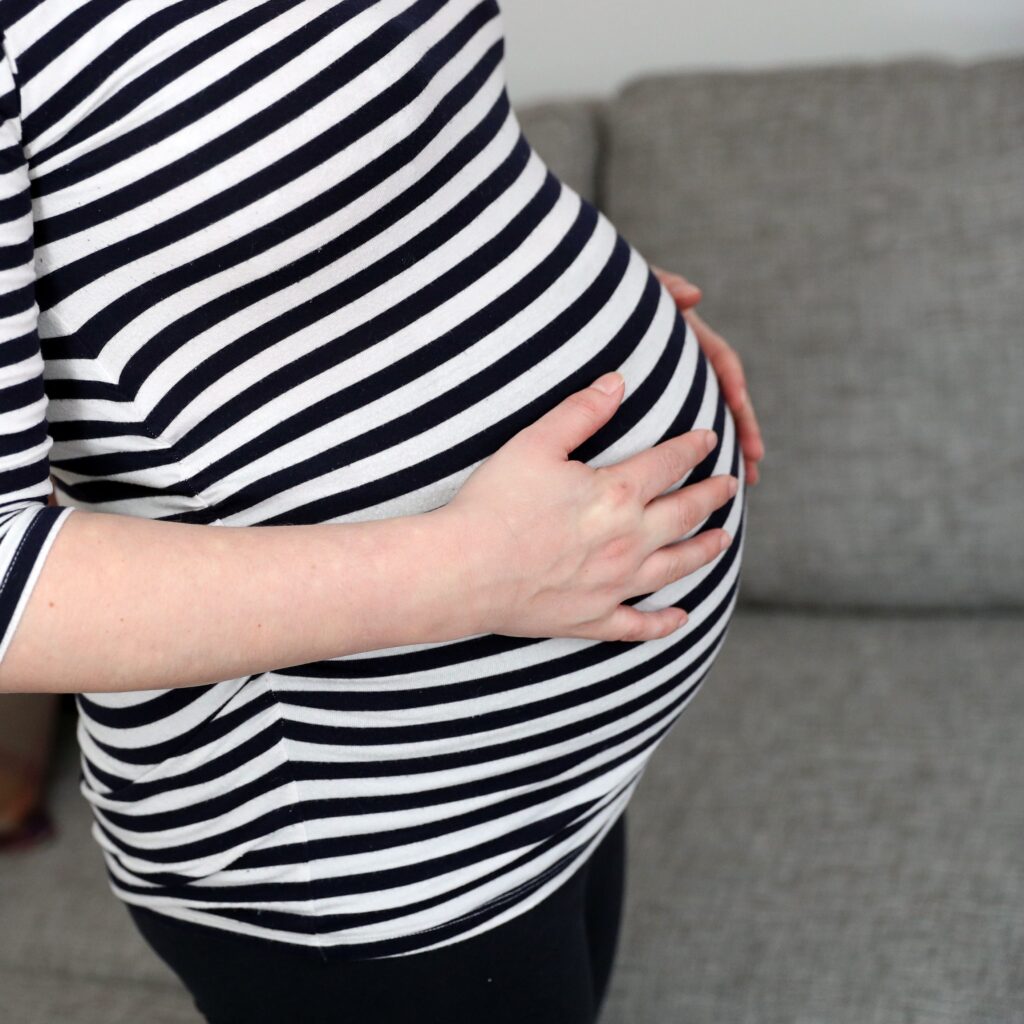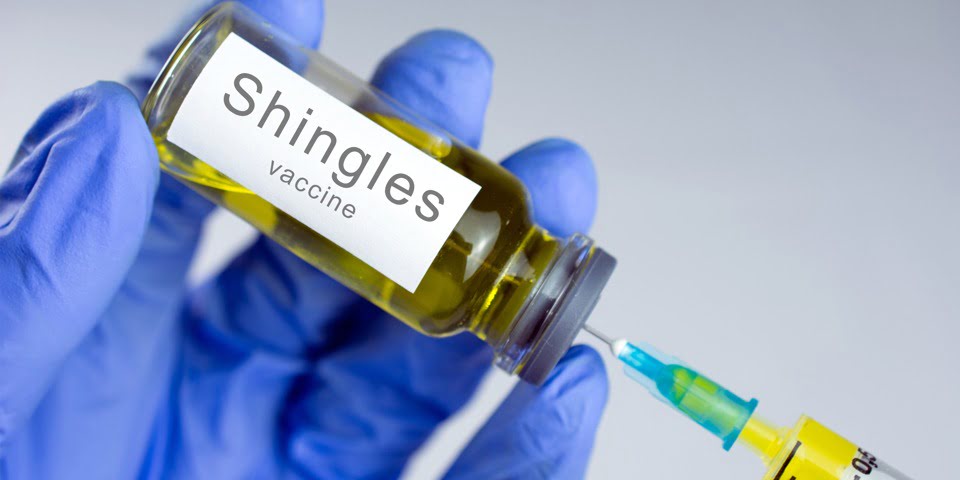
Health officials in the United Kingdom are urging pregnant women to receive the respiratory syncytial virus (RSV) vaccine, following a significant surge in cases reported in Australia. This alert comes as the UK’s National Health Service (NHS) anticipates a similar trend in England, with cases already on the rise since the beginning of 2025.
The NHS has emphasized the importance of vaccination for pregnant women to protect newborns from RSV, a virus notorious for causing severe illness in both the elderly and young children. This recommendation is based on patterns observed during the Australian winter, which often serves as a predictor for viral spread in the UK.
Understanding RSV and Its Impact
RSV is a common respiratory virus that can lead to serious breathing problems, particularly in infants and older adults. The UK Health Security Agency (UKHSA) has highlighted that RSV is a leading cause of death among babies and a primary reason for hospital admissions in children.
“While for most adults RSV only causes mild, cold-like symptoms, for older adults and young children it can lead to serious breathing problems that can end up in hospitalisation,” said Kate Brintworth, chief midwifery officer for NHS England.
Brintworth further stressed the critical timing for vaccination, advising pregnant women to act promptly to ensure their babies are protected during the winter months when viral circulation increases.
Vaccination Strategy and Eligibility
Pregnant women are eligible to receive the RSV vaccine from 28 weeks of pregnancy through their maternity services or GP surgery. The vaccine is also available to older adults aged 75-79, with NHS England set to invite eligible individuals in the coming weeks.
RSV is a prevalent cause of coughs and colds, but certain groups, including infants and seniors over 75, are at a higher risk of severe illness. In infants, RSV often leads to bronchiolitis, a type of chest infection.
Vaccine Efficacy and Public Health Data
Recent data from the UKHSA underscores the vaccine’s effectiveness. It indicates that vaccination during pregnancy can prevent 72% of hospital admissions for RSV among newborns. For older adults, the vaccine is 82% effective in preventing hospitalizations.
“Getting vaccinated when you’re pregnant helps protect you and your baby from illnesses, including Whooping Cough and RSV,” the UKHSA stated in a public advisory.
Global Context and Historical Comparisons
The current situation in the UK mirrors previous global RSV patterns, where seasonal shifts in the Southern Hemisphere have foreshadowed similar trends in the Northern Hemisphere. Historically, the spread of respiratory viruses like RSV has been closely monitored, with vaccination campaigns tailored to mitigate potential outbreaks.
Australia’s recent experience with RSV, marked by record case numbers, highlights the importance of proactive measures. The Australian surge serves as a stark reminder of the virus’s potential impact, particularly as the UK braces for its own winter season.
Looking Ahead: Public Health Implications
The NHS’s call to action reflects a broader strategy to safeguard vulnerable populations against RSV. By prioritizing vaccinations for pregnant women and the elderly, health officials aim to reduce hospital admissions and prevent severe cases.
As the UK prepares for the colder months, public health authorities continue to monitor RSV trends closely. The emphasis on vaccination is part of a comprehensive approach to managing respiratory infections, ensuring that both newborns and older adults receive the protection they need.
In conclusion, the proactive vaccination strategy against RSV is a critical component of the UK’s public health response, aiming to mitigate the virus’s impact and protect those most at risk. As the situation evolves, ongoing vigilance and adherence to vaccination recommendations will be essential in navigating the challenges posed by RSV.






